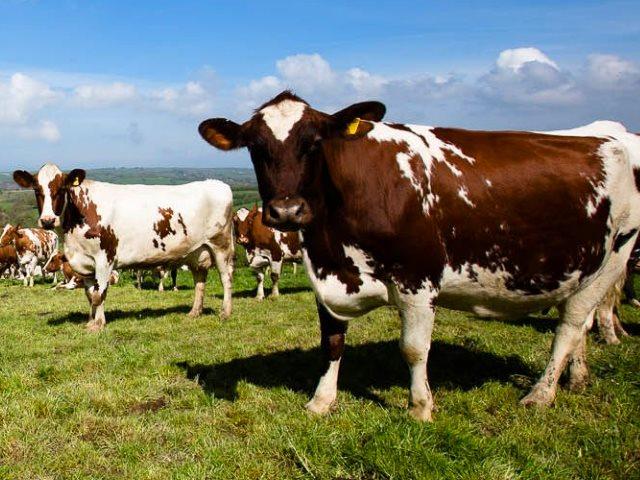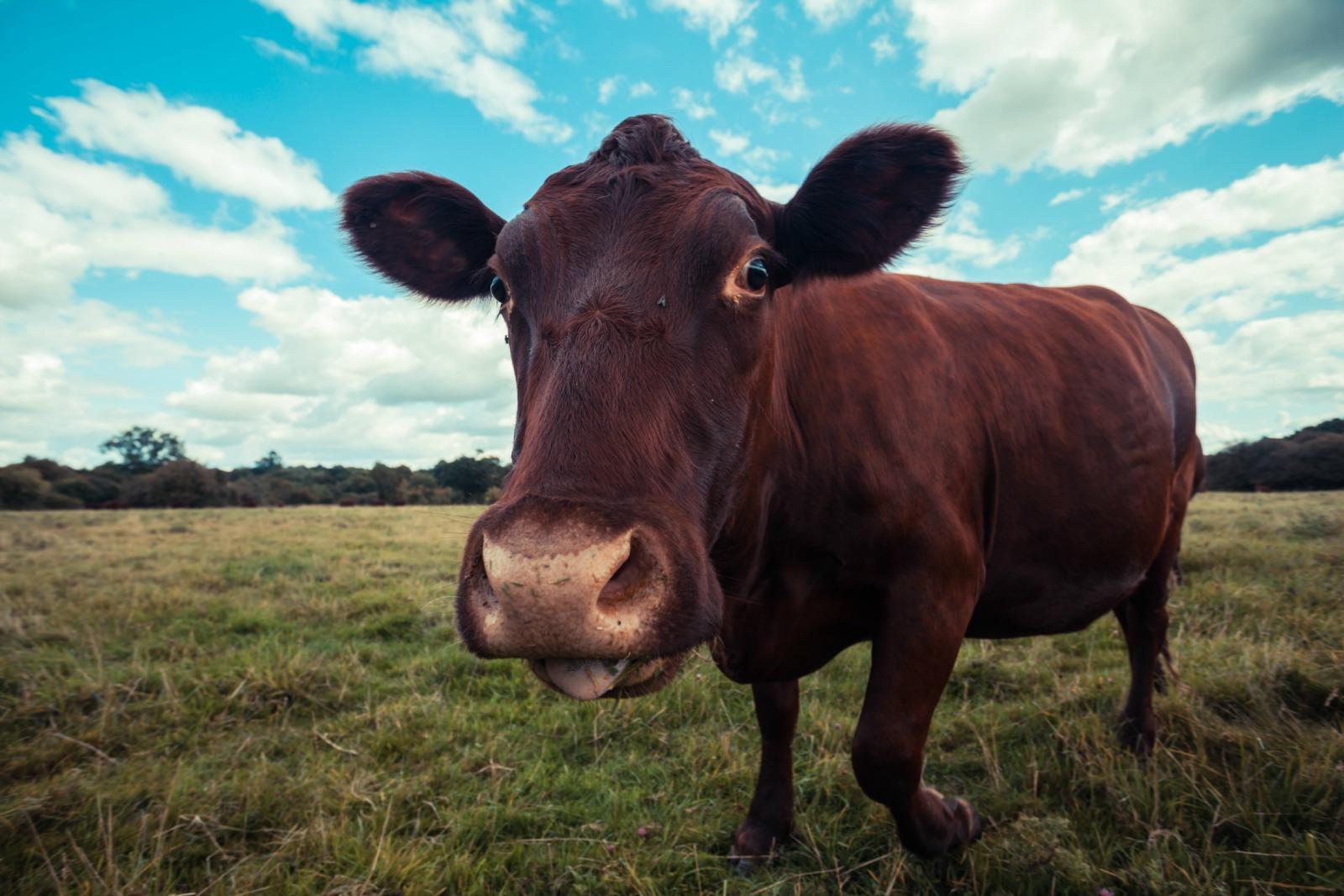With dairy farmers demonstrating at supermarkets and the price of milk a hot topic in the media, the FSB has said that the dairy crisis is damaging not just individual farms but the whole sector, and has called on the Government for increased support, while Northern Ireland’s Agriculture Minister, Michelle O’Neill has stressed the importance of support from the EU.
Future of Dairying is under Pressure
FSB Chairman John Allan visited dairy farmers in Northern Ireland ahead of the agriculture summit in London, including one worked by FSB member Roderick Swann, along with son John and  grandson Alexander.
grandson Alexander.
Roderick Swann’s family are fifth generation dairy farmers and he is concerned by the effect of the dairy crisis, not just on his family and farm but on other local families and the community as a whole. “Farms which have been built up over generations are in danger of having to be part sold and inadequately maintained due to the current financial crisis,” he said. “The future of dairying, which is so important to our economy, is severely under pressure. If young farming families are forced out, then Northern Ireland is in danger of losing one of its most important industries.”
He spoke of how sad it was to see young families “taking such a battering,” especially as the value of cattle has “dropped dramatically during this crisis,” meaning that selling them off is no longer the solution.
Making a Loss on Each Litre Sold
FSB member Alistair Rennie, a dairy farmer in County Tyrone, explained that currently dairy farmers are working at an automatic loss, as milk cost between 27 to 32 pence to produce and farmers being paid 24 pence per litre. “Selling milk at a lower price than it costs to produce means that as dairy farmers, we are working longer hours to still end up making a loss on each litre sold,” he said.
“In any other industry, this would be instantly recognised as poor business sense and many would cut their losses and walk away. However, this is not an option you wish to take when your livelihood is a farm that has been built up over generations of your own family.”
Government and EU Support Vital for Survival
John Allan said that dairy farmers should get “a fair price” for milk “to ensure continuance of a high quality, traceable product,” and warned that the crisis would have an impact across the economy. “The UK Government needs to do more to protect our dairy and the long-term viability of this critical industry.”
Northern Ireland’s Agriculture Minister, Michelle O’Neill has the same concerns and last week met with DEFRA Minister Liz Truss to discuss the impact of the crisis on dairy farmers in Northern Ireland. “It was very important for her to understand the difficulties facing farmers in the north. Our industry depends heavily on exporting and it has been impacted severely by a combination of adverse exchange rates and poor market conditions.”
She said the situation requires “concerted action.” She has asked the Secretary of State to support me in pressing for more effective EU support and plans to attend the meeting of the Council in Brussels on 7 September to press for a review of the current intervention price (the price at which national intervention agencies in the EU are obliged to purchase any amount of a commodity offered to them regardless of the level of market prices). The milk intervention price has not been reviewed since 2008.
“Clearly, a successful dairy industry cannot rely on safety net subsidies. It needs a buoyant market with fair returns,” said Michelle O’Neill. “However, if we are to have a sustainable dairy industry, we also need to have reasonable safety nets in place to support the industry when global market shocks occur.”





Leave a Reply